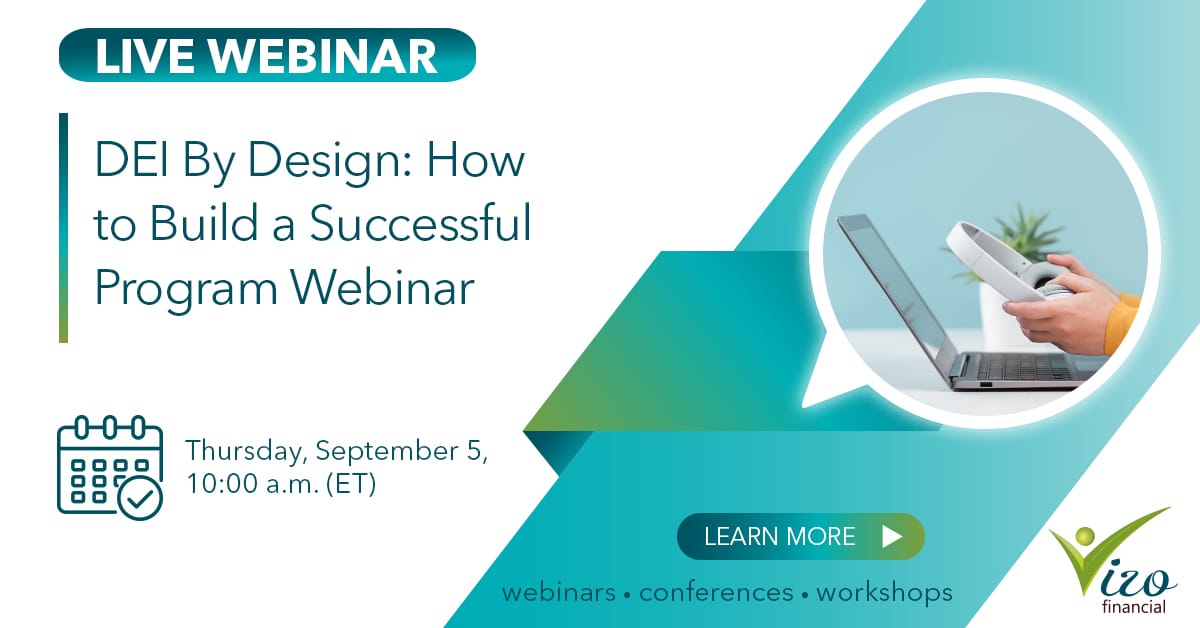DEI Change Resistors: How to Break the Cycle at Your Institution

For nearly 180 years, cooperatives have been guided by a group of seven principles, including:
- Voluntary and open membership
- Democratic member control
- Member economic participation
- Autonomy & independence
- Education, training & information
- Cooperation among cooperatives
- Concern for community
These principles light the way for our movement, and all of our decisions are made with them in mind. However, with everything that was occurring within our society several years ago, cooperatives recognized the need for a new principle. Our industry whole-heartedly believes that we can only be strong if we embrace everyone’s differences and include everyone in all areas of the organization — governance, management and representation. That’s why, within the past five years, we’ve added diversity, equity and inclusion (DEI) as the eighth cooperative principle.

While credit unions and other cooperatives alike have embraced DEI initiatives and ingrained them in their organization’s policies and practices and have even created DEI-related training programs at their institution, there have been people — from individuals to leadership — within the organizations that have resisted these changes. Not only have some people resisted the changes, but they’ve also resisted even participating in DEI training programs. The question is, why?
Why People Don’t Want to Participate in DEI
There are a few defenses that people use in order to not participate in DEI training and/or initiatives. Some people are scared of change; some people feel as if DEI is a threat to their values and/or ideals; and some people feel attacked by the idea of DEI. There are other people who resist DEI because it goes against the way they were raised, and even others who were raised to believe that apologizing is a sign of weakness. Instead of risking the probability of making a mistake and having to apologize, they resist participating in the training.
Other reasons that people may resist DEI training programs or initiatives could be because they don’t recognize the importance of it, or they have misconceptions about it. Some people might believe that DEI training is created to attack other groups of people or even feel personally attacked by DEI training. Even more so, people may be uncomfortable talking about polarizing topics like race, religion, gender, etc.
It’s important to note that with any change, there is typically resistance; however, when it comes to changing the way people think and act, the resistance can be a lot stronger. The good news is there is a way to navigate this resistance and help your employees warm up to the changes that need to be made, as well as make your employees want to participate in DEI training and other DEI initiatives.
How Your Institution Can Persuade Employees to Participate
The first step in persuading your employees is understanding why they’re reluctant or resisting. The best way to do this is to ask. But first, you must create a psychologically safe environment for people to tell you why they don’t want to participate in DEI training and for them to ask questions so they can better understand why DEI is so important. This also provides a chance to clear up any misconceptions they may have about DEI. When having these conversations, make sure to be transparent and open so that you can build trust between the organization and your employees.
When you create this safe space, you can also facilitate open dialogue and encourage your employees to speak freely. In order to make sure the conversation stays constructive, remind your employees that it’s okay to disagree with each other and with each other’s point of view, but everyone must remain respectful. Let your employees know that it’s also okay to have conversations where they may be opposed to ideas that are included in the DEI movement, but they owe it to their fellow colleagues to remain considerate of other opinions. This allows employees to participate in DEI training without feeling as if their values or ideals are being attacked.
Another way to help persuade employes to participate in DEI training and initiatives is to encourage all employees to watch how they phrase their statements. Instead of saying things like “everyone does this,” phrase it in a way that focuses on an idea, so that everyone can get their points across without offending anyone else in the process. This helps keep the conversation positive while also showing participants that DEI isn’t critical of one group of people and it isn’t a personal attack on anyone.
Your institution should also empower your employees who feel strongly about DEI to be an advocate for your programs and initiatives. Go a step further and give them resources and opportunities to help them educate their colleagues on the importance of DEI. For your resistors, ensure that you’re listening to their concerns too. Listening to your resistors and empowering your advocates allows you to engage and involve all of your employees in your DEI initiatives.
It's important to remember that none of these practices will work overnight, as it takes time and effort to change the way people feel and think. Consistency is key; especially in these circumstances where tensions can run high because of the conversations that are involved in DEI. However, with time, and leadership buy-in, of course, you can show your resistors that DEI is nothing to fear, and the goal of it is to be inclusive of everyone.
If you’d like to learn more about DEI and how to build a DEI program at your institution, I encourage you to register for our upcoming webinar on September 5, DEI by Design: How to Build a Successful Program, where I’ll guide you through the process of designing your own unique DEI program to create a more inclusive and equitable future for your credit union.
Melanie Lambie is Vizo Financial’s senior human resources generalist. She has over 15 years of experience in human resources and maintains several certifications, including her Certified Plan Sponsor Professional status from the Plan Sponsor Council of America (PSCA), Professional in Human Resources certification from the HR Certification Institute (HRCI) and Certified Professional designation from the Society for Human Resources Management (SHRM). In May of 2022, she completed the National Credit Union Foundations’ Development Education (DE) program, earning her a Credit Union Development Educator (CUDE) designation.

